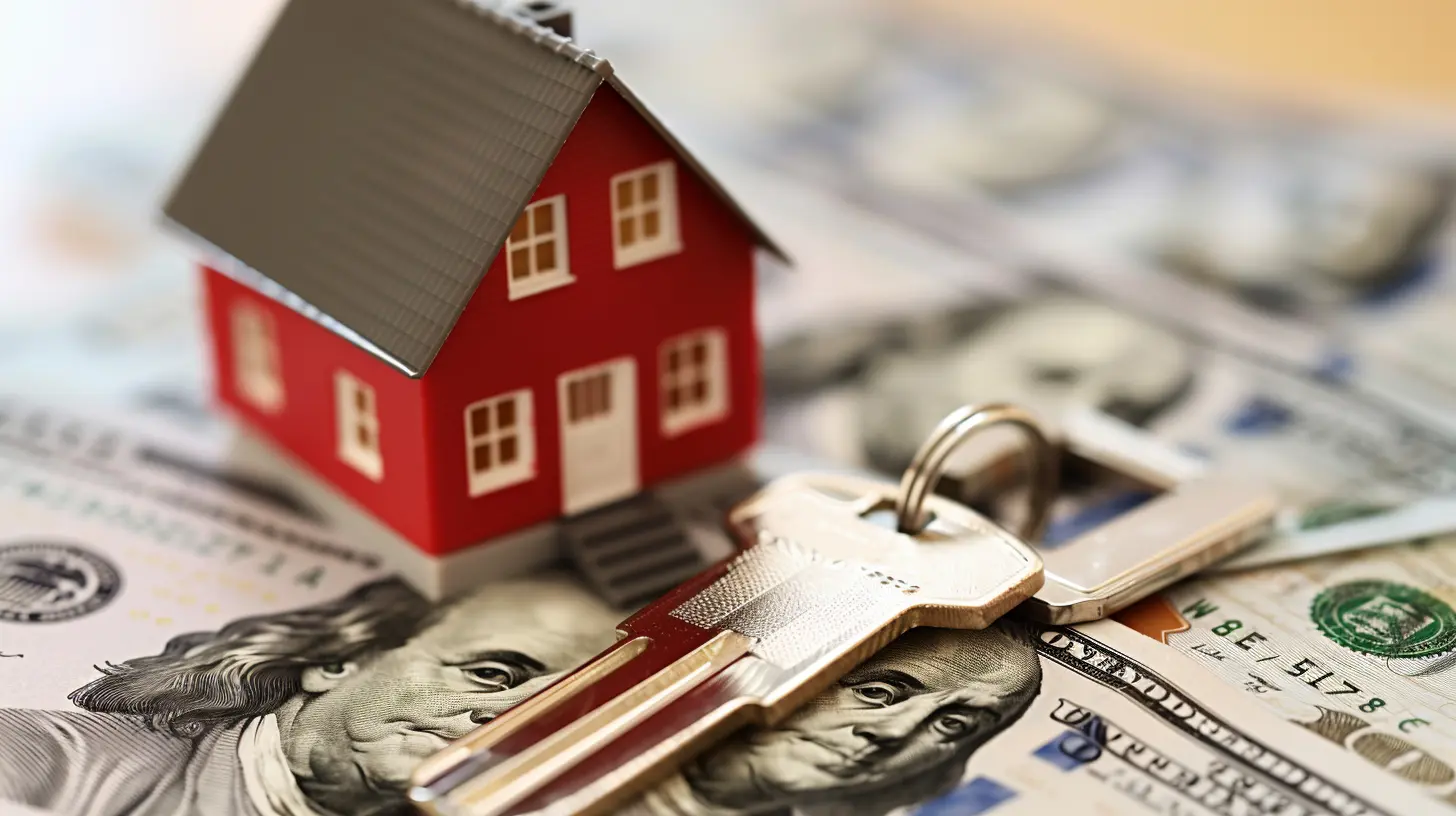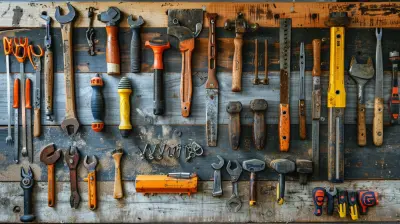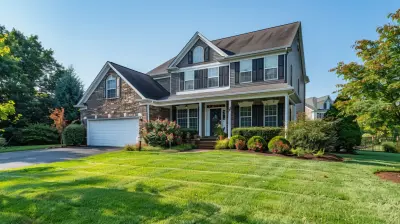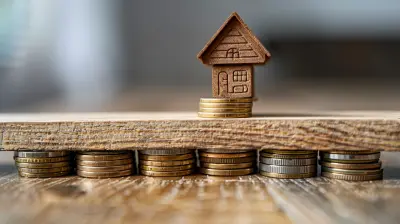14 April 2025
If you're in the market for a home, you've probably heard about mortgage rate locks. But what exactly are they? More importantly, are they worth it? Buying a home is one of the biggest financial decisions you'll ever make, and securing a good interest rate can save you thousands of dollars over the years. So, let's break it down and see if locking in your mortgage rate is the right move for you. 
What Is a Mortgage Rate Lock?
A mortgage rate lock is an agreement between you and your lender that guarantees a specific interest rate for a set period—usually 30, 45, or 60 days. Once you lock in your rate, it won't change even if market rates go up or down before you close on your home loan.Think of it like buying concert tickets in advance. If ticket prices go up after you purchase them, you're protected because you've already secured your seats at the original price. Similarly, a rate lock shields you from rising interest rates, ensuring you get the deal you agreed on. 
How Do Mortgage Rate Locks Work?
The process is fairly straightforward. Once your lender offers you a mortgage rate, you have the option to lock it in or let it "float."- If you lock the rate, you secure that interest rate regardless of market fluctuations.
- If you float the rate, you take the risk that rates may drop (which benefits you) or increase (which could cost you more).
Most lenders offer free rate locks for a standard period (30-60 days), but extending the lock beyond that might come with additional fees. 
The Pros of Locking Your Mortgage Rate
1. Protection from Rising Interest Rates
One of the biggest advantages of a rate lock is avoiding unexpected rate hikes. Mortgage rates fluctuate daily due to economic factors like inflation, Federal Reserve policies, and market conditions. If rates suddenly spike before you close, a locked rate means you’re safe from paying extra interest over the long run.2. Peace of Mind
Buying a home is already stressful enough, and worrying about unpredictable interest rates adds unnecessary anxiety. Locking in your rate allows you to focus on the other aspects of home buying—like inspections, paperwork, and moving—without stressing over market shifts.3. Easier Budgeting
When you secure a fixed interest rate, you can better plan your monthly mortgage payments. This helps prevent surprises in your budget and ensures financial stability as you finalize your home purchase.
The Cons of Locking Your Mortgage Rate
1. Missed Opportunities for Lower Rates
If interest rates drop after you lock in your rate, you won’t be able to take advantage of the lower rate—unless your lender offers a float-down option (more on that later). This can be frustrating, especially if rates drop significantly.2. Potential Lock Fees
Some lenders charge fees for locking in rates, particularly for extended lock periods. If your closing process takes longer than expected, you may have to pay for a rate extension, adding extra costs to your mortgage.3. Limited Flexibility
A rate lock ties you to a specific interest rate. If your financial situation changes or you decide to explore different loan options, you may have to break the lock and renegotiate—possibly at a higher rate.What Happens If You Need More Time?
Sometimes, the closing process takes longer than expected. Maybe there’s a delay in paperwork, or the seller needs extra time to move out. If this happens, you have two choices:1. Extend Your Rate Lock – Many lenders allow you to extend your lock, but it typically comes with additional fees.
2. Let the Lock Expire – If you let your lock expire, you’ll be subject to the current market rate, which could be higher or lower than your original lock.
What Is a Float-Down Option?
A float-down option allows you to lock in a rate but still take advantage of lower rates if they drop before closing. Not all lenders offer this, and those that do may charge an extra fee. It’s like having a safety net—you’re protected if rates rise, but you can still benefit if they fall.Before choosing a rate lock, ask your lender if they offer a float-down option and whether it makes sense for your situation.
When Should You Lock in Your Mortgage Rate?
Timing is everything when it comes to locking in your mortgage rate. Here are some scenarios when locking in your rate might be the smart move:- If rates are rising – If the trend shows increasing mortgage rates, locking in can save you money.
- If your closing date is set in stone – If you're confident your loan will close within the lock period, there’s no downside to securing your rate.
- If you’re comfortable with your rate – If the rate you're offered is affordable and fits your budget, locking it in provides peace of mind.
On the other hand, if rates have been consistently dropping or you don't have a set closing date, floating your rate might be worth considering.
Are Mortgage Rate Locks Worth It?
So, is locking in your mortgage rate worth it? It depends on your situation and risk tolerance.- If you're risk-averse and want stability, locking your rate can protect you from unexpected hikes.
- If you’re willing to gamble and believe rates will drop, floating your rate could save you money—but it's a risk.
- If your lender offers a float-down option, you might get the best of both worlds: protection and potential savings.
Ultimately, securing a mortgage is a long-term commitment, and even a small change in interest rates can impact your total loan cost. The key is understanding your options, keeping an eye on market trends, and working with a lender who can guide you through the process.
Final Thoughts
Mortgage rate locks offer valuable protection against rising interest rates, providing peace of mind during a stressful home-buying process. But they also come with potential downsides, like missing out on lower rates or incurring extension fees.Before deciding, assess your financial situation, consider market trends, and discuss options like float-down features with your lender. In the end, the right choice depends on your need for certainty versus your willingness to take a risk.
Would you prefer security or flexibility? That’s the real question when it comes to mortgage rate locks.







Maria Cruz
Mortgage rate locks can be a strategic tool in volatile markets, providing stability against rising rates. However, potential homeowners should carefully evaluate market trends and their financial situation to determine if locking in is beneficial for them.
April 26, 2025 at 12:40 PM